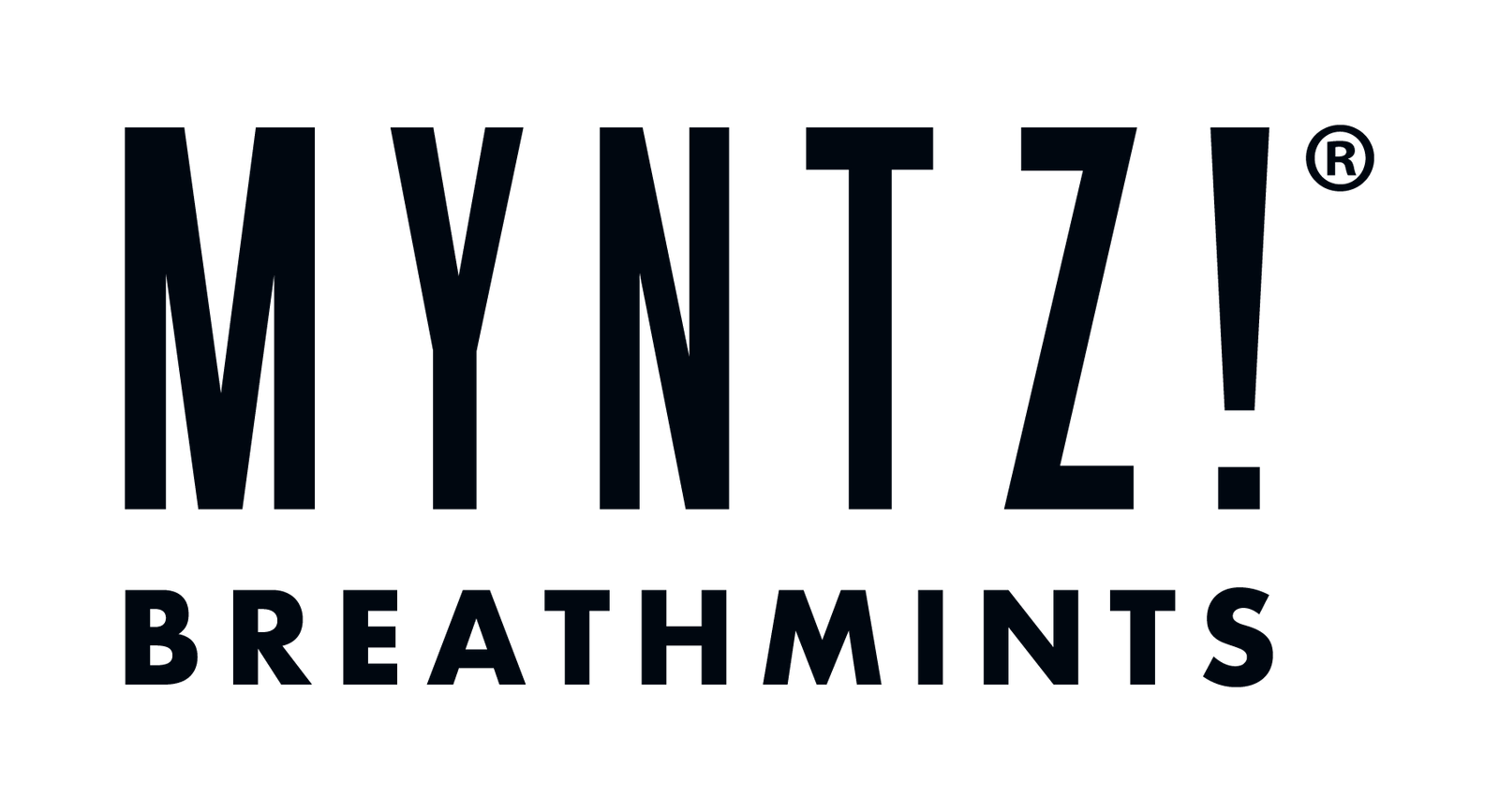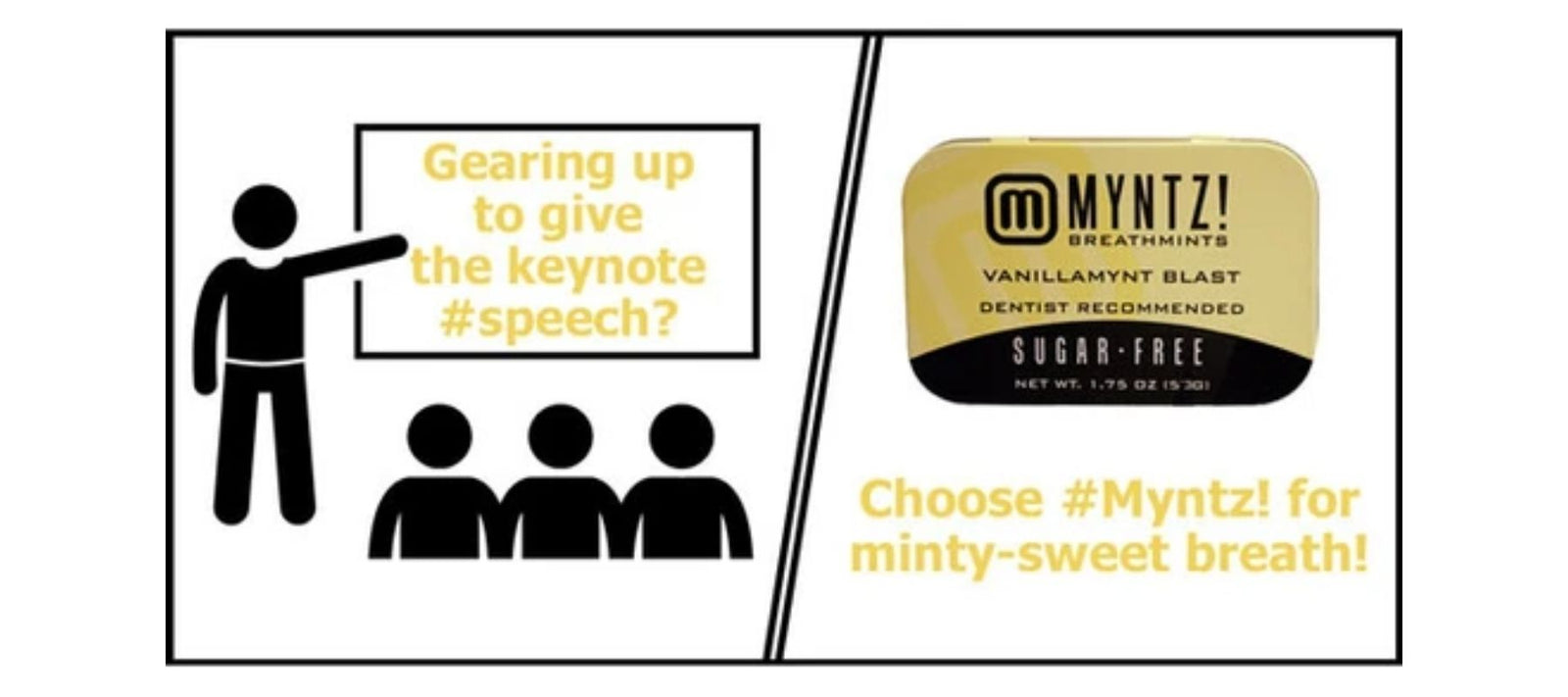It’s that time of the year when graduation ceremony speeches make their way across the internet. Has one inspired you to give a talk? Or maybe you realized you have something to contribute after hearing an inspiring TED talk?
Here are three quick tips for giving a great presentation.
#1 Care About The Topic
Because people can tell. They always can. Your audience may know nothing about the topic you are speaking to, but they can tell if you are dispassionate, indifferent, neutral and/or disinterested.
What’s the worst that can happen if you give a talk on a subject that you have a lack of interest in? Maybe people walk out during your talk. It happens. Heckled? Possible, but unlikely. Now imagine the people who stayed for your entire session tell everyone they meet during the break what a lousy talk you just gave? Ouch. That last one hurts the most.
You’re going to spend a lot of time preparing for your presentation. Make sure it’s on something you care about because that energy and excitement for the topic will propel you from start to finish - from the early drafts to your closing - from your first words of welcome to your last Q&A response.
May I Have Your...
”Some estimates show that most Americans are exposed to between 4,000 - 10,000 ads every day. And all those ads are after one thing. Your attention.“ - TED Radio Hour host Guy Raz, episode Attention Please
#2 Prepare
Preparation comes in many forms. You may be relieved to know that you don’t always have to memorize your speech in its entirety for your talk to be a success.
Maybe you've been in your chosen industry for years and are naturally able to speak to your presentation points. Great! Others will want to run through their notes and slides again and again and again - and when the time comes to give your speech have an outline handy.
It’s not an exam, it’s a speech. It’s ok to bring your notes.
Preparation Do’s and Don’ts
Using a PowerPoint presentation? A Prezi? It doesn’t matter. The technology isn't going to be (and moreover it shouldn't be) what makes an impression, you are. Your words. Your ideas. Your message. Don’t get hung up on the delivery method.
Do make sure you’re comfortable with whatever technology or presentation method you are using. Don’t borrow a laptop you’ve never practiced with for use on the day of your presentation. Do run through any possible glitches that may occur while presenting. For instance, what would you do if the sound doesn’t play on an audio clip? Figure it out now before you get in front of your audience.
Do give some thought on what should and shouldn’t go on your slides. What information will your audience walk away with after your talk that they didn’t have at the start?
Some speakers communicate through:
- storytelling
- studies and statistics
- quotes from famous people
- gif and movie clips
There is no ‘right way’ to connect with your audience. It’s your speech. Own it and deliver it in the way that works most naturally for you. Which leads me to quick tip #3....
#3 Know Your Audience
You want to make a connection with your audience. In order to make a connection with your audience you need to know how to communicate with them.
Here’s a good example of what I’m talking about. Imagine you just landed a new job. Congratulations! Now picture trying to explain to your parents over dinner what it is you do for a living. After dinner you go to a bar and meet up with a friend, you share the same good news and tell her what you’ll be doing at your new job.
I’m going to go out on a limb and assume that the way you describe your new job to your parents versus your friend is vastly different. Why? Because they are two distinct audiences.
Got presentation anxiety?
Don't let a dry mouth get the better of your moment in the spotlight. Quickly pop a Myntz! breath mint before your speech for fast, dry mouth relief. Consider bringing a bottle or glass of water to the podium to sip from during your talk. During a video clip or the Q&A you can drink water to help stop the dreaded cottonmouth.
Your parents want to understand what type of work you are doing, learn about the company you are working for and how long they’ve been around, if you have enough salary to subsist on and if it includes health insurance. Your friend is more likely interested in what your job title is, how you spend your day, what benefits and perks the company provides and what your commute looks like.
In both examples you get to share the celebration of your new job, but the audience is going to be more receptive to certain types of information.
When you know what it is about your topic that will resonate best with your audience, you have a better chance of presenting your information in a way that will allow you to connect with and captivate them.
Have an important meeting? Giving a presentation to clients? The 3 tips above still apply.





